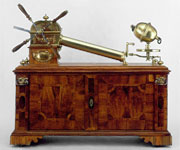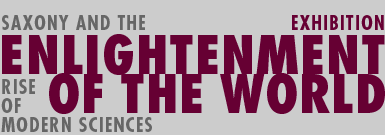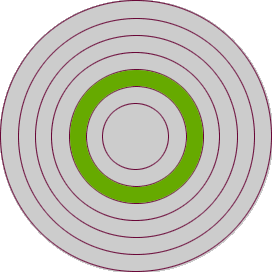
Innovation and discoveries

Numerous academic disciplines taken for granted today in fact developed in the 18th century. Philosophy began to take a leading role in explaining the world. History, history of art, archaeology and oriental studies broke away from philology and theology, becoming disciplines in their own right. Developments such as these are embodied by scholars of international significance, such as Gottfried Wilhelm Leibniz, Christian Thomasius, Christian Wolff and Johann Christoph Gottsched who all worked in Leipzig at some point of their lives.

One of the most revolutionary changes, however, is the rise of natural sciences. Discoveries and inventions made in this field changed the view of the world. In addition, the process of differentiation of disciplines is particularly marked here. Chemistry and botany, for example, sprang out of medicine. Economics and engineering became disciplines now taught at University. The public was fascinated by electric phenomena. A wealth of unique exhibits leads visitors into the fascinating world of science and technology in the 18th century.

In the period, Leipzig was one of the most prosperous cities in the German states, and links between “town” and “gown” were close, with mutually stimulating effects. Important works of art illustrate that also the arts, literary and cultural life, experienced a heyday around 1800. The beginnings of modern German literature are closely linked with Leipzig, then emerging as a centre of the European publishing world. Simultaneously, private und public libraries evolved and all manner of printed information was made available to the public. Musically, the presence of Bach and the founding of the Gewandhaus Orchestra represented cultural highlights for Leipzig at that time.


